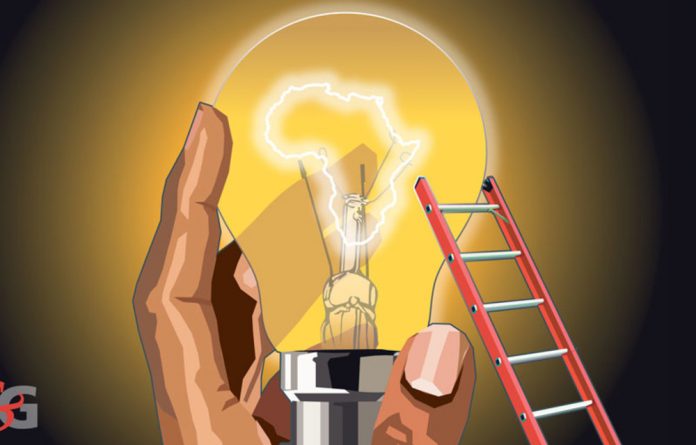Professor Rafael Winkler unravels several philosophies of the age that lie behind an anti-slavery 19th century lithograph
Kant
Prof Gray, ideology-free science does not exist
All knowledge is context-dependent, and claims of objective truth are a dangerous political virus
Human ‘nature’ as explored in a riveting television series: ‘The 100’
The question, what is dominant, human ‘nature’, or ‘nurture’ (culture), has been the motivating force in a debate that has waged since at least the 18th and 19th centuries — for instance in the work of Jean-Jacques Rousseau (see his prize-winning Academy of Dijon essay on the question, whether human morals had improved by, or […]
Biko: Philosophy, identity and liberation
Reading Biko: Philosophy, Identity and Liberation by Professor Mabogo Percy More; I am left to wonder of the man (Bantu Stephen “Steve” Biko) who should have been king; that is the man who should have been the first black president of the Republic of South Africa. Or is that racist? Perhaps I should say, the […]
Are you an agnostic?
What is agnosticism? Broadly speaking, it is the position that claims that human beings cannot ‘know’ whether God (or gods) exists or not. We simply do not have the means to have such knowledge. I put ‘know’ in scare quotes because that is where an agnostic puts the emphasis. The ancient Greek word, ‘gnosis’, means […]
Exploring space…
Space – a word with so many meanings, literal and figurative. I need my space. Is there space in the lounge for the new table? Headspace is essential for psychic growth. Deep space. Newtonian space, Einsteinian space. Space-time. Cyberspace. Virtual space. Space of flows. Space – the final frontier (any Trekkie would recognise this one). […]
Quantum computing and the real: Ontological implications
In an engrossing (pun intended) article in the most recent TIME magazine (February 17), Lev Grossman wrote about the “Infinity Machine – Quantum Leap” (pp. 28-35). A revolutionary new kind of computer is introduced to those who are willing to expand their minds in an effort to understand it. Admittedly, this is a mainstream magazine, […]
Is there a need for cyber-ethics?
The recent spate of events where governments, magazine-employees and various other social actors have acted in ways that have invited spirited debate about the justifiability of their actions, lead to an unavoidable question: Is there a need for cyber-ethics? It all depends on what one means by “cyber-ethics”, of course. If this means the need […]
Know how to dare!
In Commonwealth (2009) Michael Hardt and Antonio Negri, in their criticism of what they call the “republic of property”, and en route to the conceptualisation of a social democracy which lends itself to the actual transformation of the social and political status quo — and not merely restricts itself to lip-service to such transfiguration — […]
What is enlightenment?
The question has sometimes been asked (and answered) in philosophy, whether the historical Enlightenment has been sustained. Adorno and Horkheimer, for instance – in Dialectic of Enlightenment (1944) – claimed that the historical Enlightenment had dialectically been transformed into the subjection to, if not enslavement by, technical rationality and an impersonal system of administration. Willi […]
The genius of Foucault
Few 20th century thinkers have provided as much food for thought on the humanities and the social sciences (that is, the “human sciences”) as Michel Foucault. And the way he does it rescues the human sciences from those uninformed people who contrast them with the so-called “hard (natural) sciences”, the object-field of which – as […]
The innovativeness of (some) art and its social implications
Lately one has read a lot about how Apple became the world’s most valuable company because of its CEO, Steve Jobs’s emphasis on innovative product development, rather than his own business leadership style. (According to those who knew him, including his biographer, he was an uncompromising bully.) It may come as a surprise to some, […]




